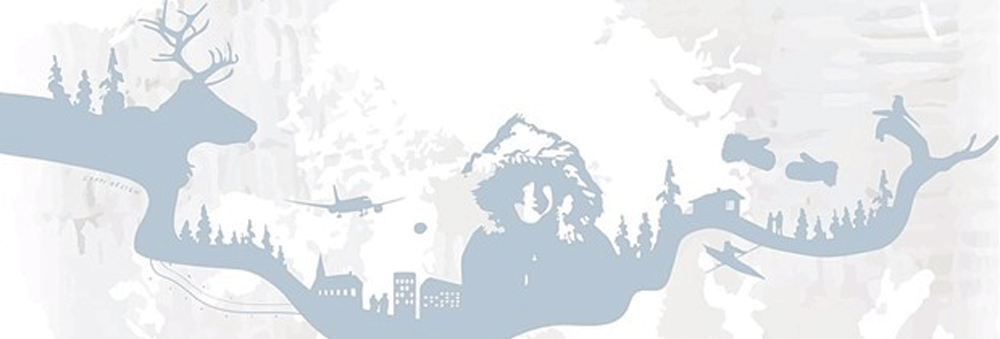
ARCTISEN project overview

Before the COVID-19 pandemic, tourism in the Arctic was growing fast. This demand was resulting in various opportunities and challenges for people who live in the Arctic. The ARCTISEN project has been working to:
- increase knowledge of culturally sensitive tourism development; and
- create a network of entrepreneurs, communities, operators, organizations, and researchers that support responsible and innovative tourism products and services.
The University of Lapland in Finland is leading the ARCTISEN project. The Canadian project team is coordinated by professor Bryan S. R. Grimwood (University of Waterloo), professor R. Harvey Lemelin (Lakehead University), and PhD candidate Chris E. Hurst (University of Waterloo).
For more information, visit ARCTISEN.
Canadian ARCTISEN Webinar – June 9, 2021
Theme: Experiences of culturally sensitive tourism in the Canadian Arctic
The Canadian ARCTISEN partners are coordinating a webinar on June 9, 2021. The webinar is scheduled to begin at 1:00 p.m. EST and will last approximately two hours. The goal of the webinar is to showcase examples of culturally sensitive tourism in Arctic and sub-Arctic Canada. The audience will include members of ARCTISEN’s international project team, as well as other community representatives, entrepreneurs, researchers, and Arctic tourism stakeholders. Undergraduate and graduate students, faculty, and staff from the University of Waterloo and beyond are welcome to attend.
Culturally sensitive tourism can mean different things to different communities. For this webinar, we have presenters and panelists from the different territories in Canada who are willing to share their experiences with tourism that respects culture and place.
Registration is now closed.
Presenters
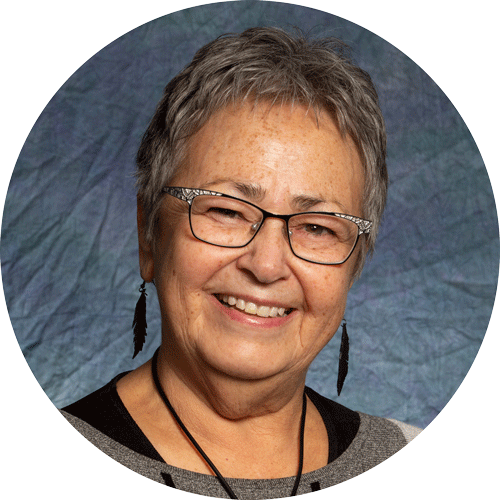
Jean Becker
Jean Becker is Inuk and a member of the Nunatsiavut Territory of Labrador. A grandmother, Jean has lived in Ontario for forty years and has been involved in grassroots urban Indigenous community building throughout that time in Wellington and Waterloo regions. Jean is currently a member of the Mayors Diversity, Equity and Inclusion Taskforce in Kitchener and a member of the Wellbeing Waterloo Region First Nations, Metis and Inuit Advisory and Advocacy Circle. She is the Senior Director Indigenous Initiatives at the University of Waterloo. Actively involved in Indigenous ceremonies and advocacy work for Indigenous people outside of the academy locally and nationally, Jean is passionate about her work to implement decolonization in the academy.
Jean will begin the webinar, providing opening words to orient hearts and minds.

Sonya Graci
Sonya Graci is the Director of the Institute for Hospitality and Tourism Research at X University. She is an Associate Professor in the Ted Rogers School of Hospitality and Tourism Management. Sonyas research focuses on Indigenous tourism development, sustainable tourism in island destinations and community-based tourism. She has written numerous academic journal articles, book chapters and two books. She is passionate about the sustainable livelihoods approach and her current research is focused in the Northwest Territories, Northern Ontario, Hawaii, and Fiji.
Sonyas presentation presentation will conclude the webinar by providing insight into Indigenous tourism development post-Covid, and where we go from here.
Panelists
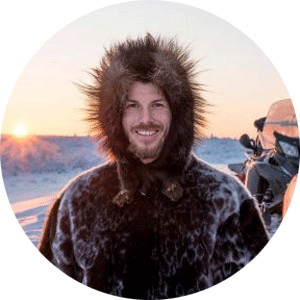
Kylik Taylor
Kylik is of Inuvialuit, Gwichin and Scandinavian descent. He grew up in Ontario hunting, trapping and mushing dogs with his father. In 2001 Kylik made a permanent move to Inuvik, Northwest Territories where he felt a deep connection to his Inuvialuit and Gwichin roots, his family, the land and his culture. With the help of his family, Kylik was able to become rooted in his culture and acquire the knowledge and skills needed to be out on the land on his own. In 2006 Kylik started Tundra North Tours with the dream of being able to share his love of the Arctic and all it has to offer with visitors from around the world, while creating culturally relevant jobs for his community. In doing so, Kylik has won the Canadian Council for Aboriginal Business Youth Entrepreneur Award and the Arctic Future Challenge Founder of the Year and Start up of the Year Awards for his sustainable village and farm venture.
Kyliks presentation, The Tale of Tundra North Tours: The Good, The Bad, and The Ugly will share the rollercoaster journey that built Tundra North Tours into what it is today. Focusing in on the struggle of fostering cultural revitalization that brings socio-cultural benefits in tandem with meaningful economic growth.
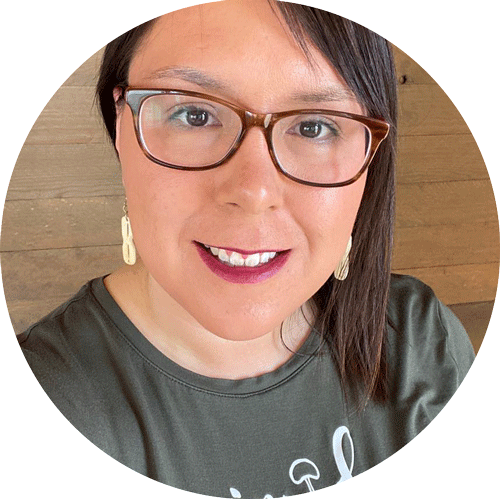
Jillian Larkham
Jillian Larkham is an Inuk from Makkovik, Labrador and is the Director of Tourism with the Nunatsiavut Government which is an Inuit regional Government along the north coast of Labrador. She graduated from Memorial University with a Bachelor of Arts double major in Archaeology and Folklore. Ms. Larkham joined the Division of Tourism with the Nunatsiavut Government in 2013. She is passionate about preserving and maintaining her Inuit culture. She oversees art and craft development, tourism development and marketing for Nunatsiavut, and leads various other files such the Torngat Mountains Base Camp and Research Station and the Hebron National Historic Site. She also sits as Vice-Chair of the Newfoundland and Labrador Indigenous Tourism Association and various tourism committees. Jillian sees tourism as an opportunity to preserve Labrador Inuit culture and to share our stories with the world.
Jillians presentation will highlight the Hebron Ambassador and Restoration Programs led by the Division of Tourism with the Nunatsiavut Government and how the programs are helping Labrador Inuit to stay connected to the once thriving community by preserving the rich culture and history to share with Labrador Inuit as well as tourists.
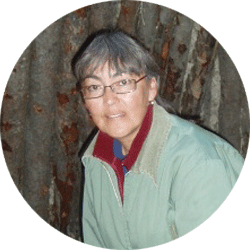
Meta Williams
Meta Williams is a member of the Little Salmon Carmacks First Nation and belongs to the wolf clan. Meta has over the years researched her family to find her true self and where she belongs. In this search she supported Long Ago Peoples Place in its development. She became the program manager, booking voice and familiar face in regards to Long Ago Peoples Place. Along with running activities and programming. Meta also believes in supporting community members and creating employment opportunities by hiring local Southern Tutchone First Nations expertise.
Metas presentation will speak to the responsibility that we hold as an Indigenous tourism business to ensure the cultural integrity of the programming that we offer to visitors. At Kwäday Dän Kenji (Long Ago Peoples Place), we recognize our responsibility to ensure that what we share with visitors is true to our culture and supported by our community. We must also show respect to our culture by sharing only aspects meant to be shared with visitors.